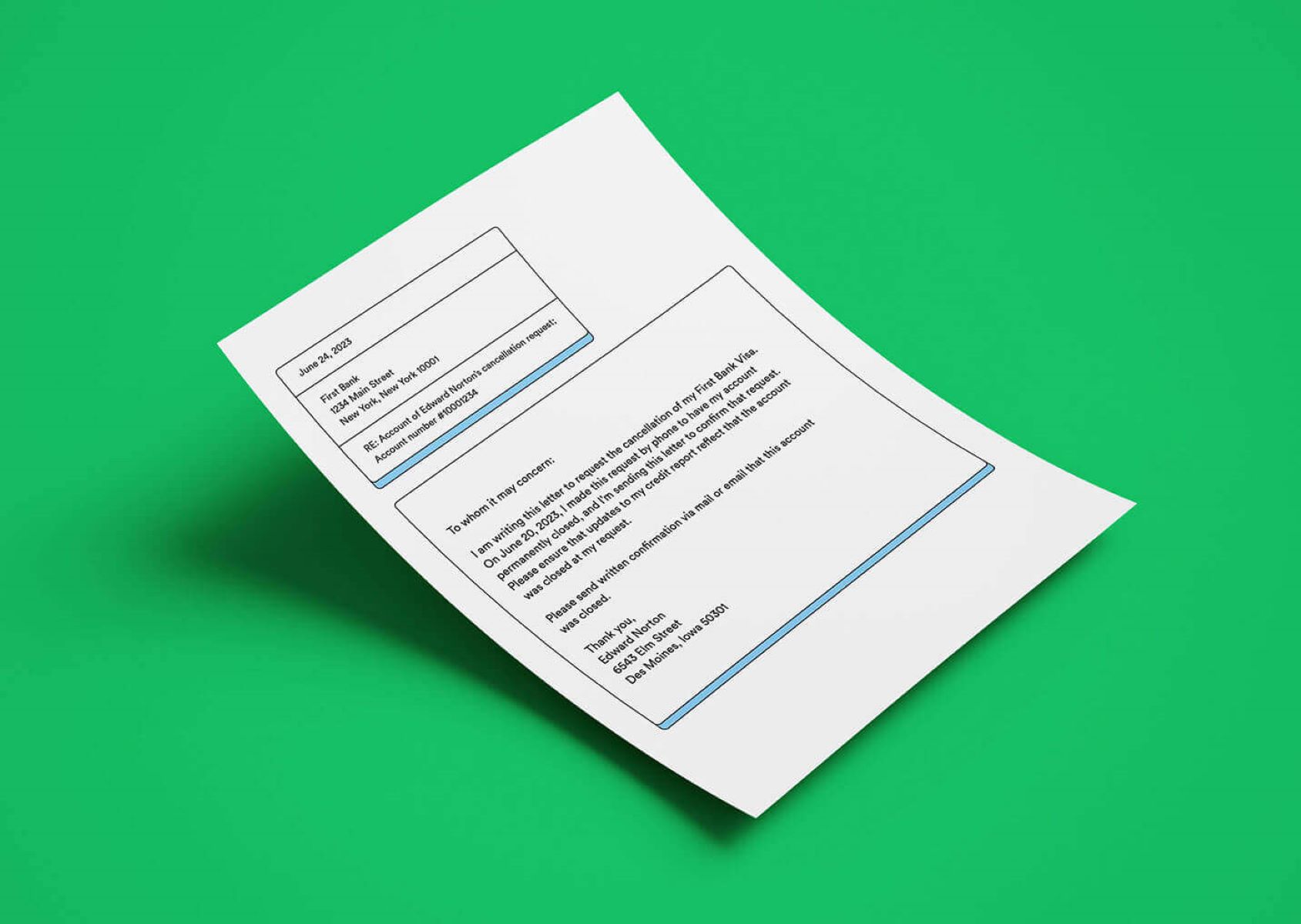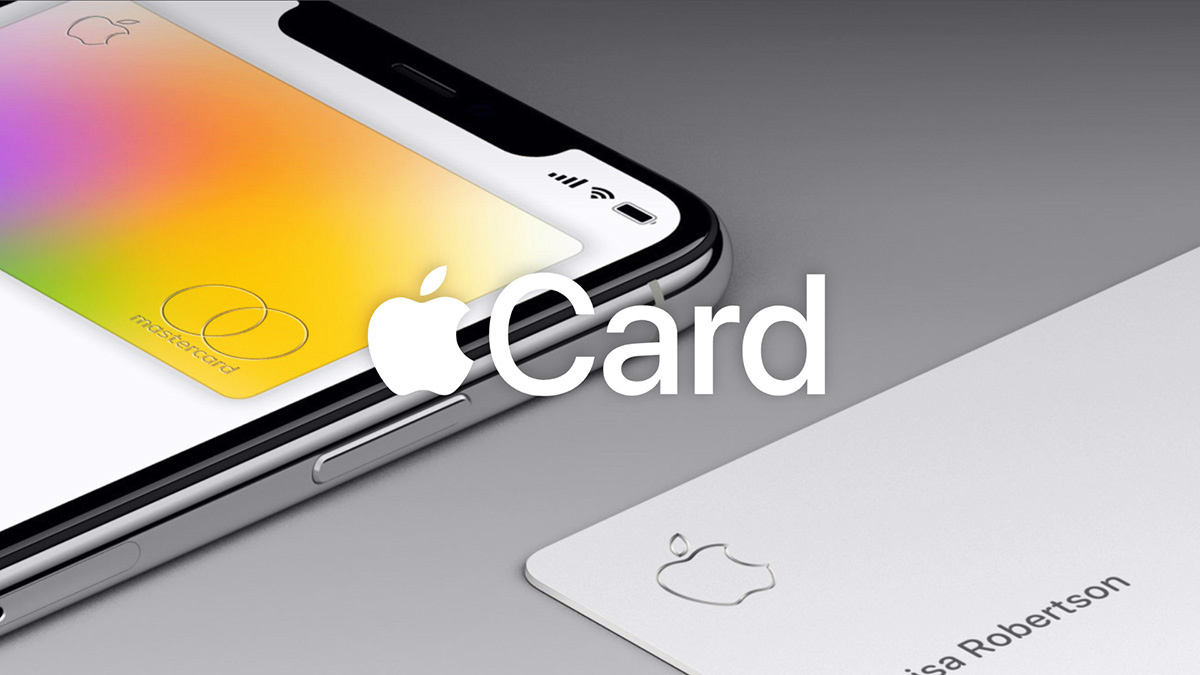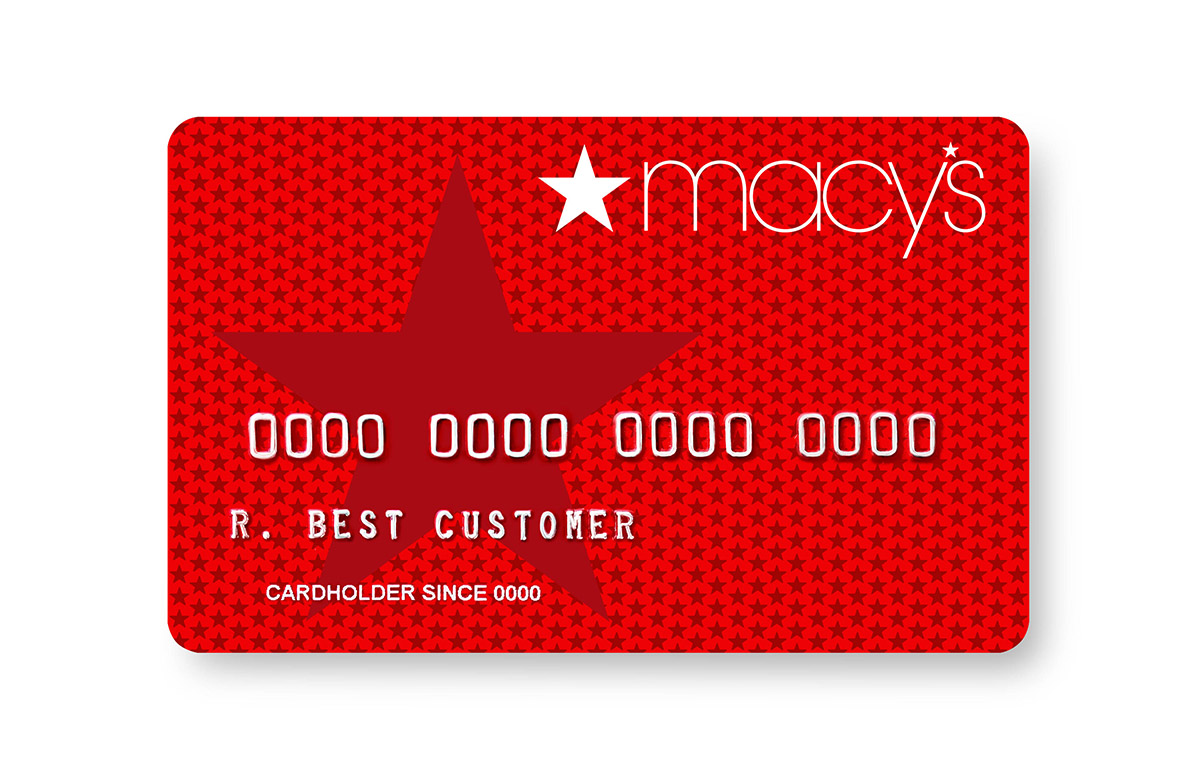

Finance
How To Cancel Credit Card Application
Published: October 23, 2023
Learn how to cancel a credit card application and manage your finances effectively with our expert tips and advice. Take control of your financial future today!
(Many of the links in this article redirect to a specific reviewed product. Your purchase of these products through affiliate links helps to generate commission for LiveWell, at no extra cost. Learn more)
Table of Contents
Introduction
Applying for a credit card is a common financial decision many individuals make. However, there may come a time when you find yourself needing to cancel a credit card application. Whether it’s because you’ve changed your mind, found a better offer, or realized you don’t meet the card’s eligibility criteria, knowing how to navigate the cancellation process is essential.
In this article, we will guide you through the steps to cancel a credit card application and provide insights into the potential consequences of doing so. While canceling a credit card application may seem daunting, arming yourself with the necessary knowledge can streamline the process and ensure a smooth outcome.
It’s important to note that canceling a credit card application and canceling an existing credit card are two different processes. This article focuses specifically on canceling a credit card application before it is approved and issued to you. If you already have a credit card and want to cancel it, there are separate steps to follow, which we won’t cover in this article.
Before diving into the cancellation process, let’s explore the common reasons why you might want to cancel a credit card application.
Reasons for Canceling a Credit Card Application
There could be various reasons why you might consider canceling a credit card application. It’s important to assess your situation and determine the best course of action. Here are some common reasons for canceling a credit card application:
- Change of mind: You may have applied for a credit card on impulse or without fully evaluating its features and benefits. Upon reflection, you might decide that the card does not align with your financial goals or needs.
- Better offers: After submitting a credit card application, you might come across another card that offers more favorable terms, such as a lower interest rate, better rewards program, or enhanced benefits. In such cases, canceling the original application and applying for the new card might make more sense.
- Ineligibility: Sometimes, you may apply for a credit card only to discover that you don’t meet the eligibility criteria. This could be due to factors such as insufficient income, a poor credit score, or not meeting the age requirement.
- Unfavorable terms and conditions: Upon further examination, you might find that the credit card you applied for has high fees, unfavorable interest rates, or restrictive terms and conditions. If these terms do not align with your financial goals or usage patterns, canceling the application may be a wise decision.
- Financial circumstances: Significant changes in your financial situation, such as a job loss or a decrease in income, might necessitate a reassessment of your credit card needs. If you believe that you won’t be able to manage the card’s financial obligations, canceling the application can help you avoid potential debt or financial strain.
Regardless of your reason for cancelation, it’s essential to carefully consider the potential consequences and follow the appropriate steps to ensure a successful cancellation process. Next, we will delve into the detailed steps to cancel a credit card application.
Steps to Cancel a Credit Card Application
If you’ve decided to cancel your credit card application, here are the steps you can follow to ensure a smooth cancellation process:
- Gather your application details: Locate your credit card application information, which typically includes the application reference number, your personal details (such as name and address), and any other relevant information provided during the application process. Having these details on hand will make it easier to communicate with the credit card company.
- Check the application status: Determine whether your credit card application has been approved or is still pending. This information is usually available online or by contacting the credit card company’s customer service department.
- Contact the credit card company: Reach out to the credit card company’s customer service department to inform them of your decision to cancel the application. You can usually find their contact information on their website or on the application form itself. Be prepared to provide the necessary application details during the call.
- Explain the reason for cancelation: Clearly communicate your reason for canceling the credit card application to the customer service representative. Provide specific details and remain polite and professional throughout the conversation.
- Follow any additional instructions: The credit card company may require you to submit a cancellation request in writing or through a designated online portal. Follow any instructions provided by the company and ensure that your cancellation request is properly documented.
- Request confirmation: Ask for confirmation of the cancellation. This can be in the form of a cancellation reference number or an email confirming the cancellation request. Keep this confirmation for your records and as proof of your cancellation.
- Monitor your credit report: After canceling your credit card application, it’s a good idea to monitor your credit report to ensure that the canceled application does not have any negative impact on your credit score. If you notice any discrepancies or issues, reach out to the credit bureaus to rectify them.
By following these steps, you can effectively cancel your credit card application and minimize any potential complications. However, it’s important to be aware of the potential consequences that may arise from canceling a credit card application.
Contacting the Credit Card Company
When canceling a credit card application, it’s essential to reach out to the credit card company directly to initiate the cancellation process. Here are some important factors to consider when contacting the credit card company:
1. Find the contact information: Locate the contact details of the credit card company, which can usually be found on their website or the credit card application form. Look for their customer service phone number, email address, or online chat option.
2. Choose the preferred communication method: Determine the best way to contact the credit card company based on your preferences and convenience. Phone calls often provide immediate assistance, while emails or online chat may have a longer response time.
3. Have your application information ready: Before contacting the credit card company, gather your credit card application details, such as the application reference number, your personal information, and any other relevant information provided during the application process. This will help the customer service representative locate and verify your application quickly.
4. Remain courteous and professional: When speaking with a customer service representative, remember to remain calm, polite, and professional. Clearly explain your intention to cancel the credit card application and provide any necessary information they may ask for.
5. Seek clarification: If you have any questions or concerns regarding the cancellation process, be sure to ask the customer service representative for clarification. They are there to assist you and can provide guidance on the next steps to follow.
6. Record important details: During your conversation with the credit card company, take note of the representative’s name, the date and time of the call, and any reference numbers provided. These details can be important for future reference and to ensure the cancellation process is properly documented.
7. Follow any additional instructions: The credit card company may have specific protocols or requirements for canceling a credit card application. They might ask you to submit a written cancellation request or use a designated online portal. Make sure to follow their instructions carefully to ensure a successful cancellation.
By following these guidelines and effectively communicating with the credit card company, you can initiate the cancellation process smoothly and address any queries or concerns that may arise.
Explaining the Decision to Cancel
When contacting the credit card company to cancel a credit card application, it’s important to clearly articulate your reasons behind the decision. Here are some tips on how to effectively explain your decision to cancel:
1. Be honest and straightforward: When explaining your decision, be open and honest. Clearly state your reasons for canceling the credit card application without embellishing or providing false information. Transparency is key in maintaining a professional and respectful conversation.
2. Provide specific details: Rather than providing vague explanations, try to be specific about why the particular credit card doesn’t meet your needs. For example, you might mention that you found another card with better rewards or a lower interest rate, or that you discovered the card’s fees are higher than anticipated.
3. Emphasize financial considerations: If your decision to cancel the credit card application is rooted in financial concerns, such as a change in income or a reassessment of your overall financial goals, politely express these factors. It’s important for the credit card company to understand that canceling the application is a responsible decision based on your financial well-being.
4. Stay calm and composed: It’s natural to feel frustrated or annoyed if the credit card company tries to persuade you otherwise or asks for additional information. However, it’s important to remain calm and composed during the conversation. Being polite yet firm in your stance will help maintain a professional atmosphere.
5. Listen to their response: After explaining your decision, allow the customer service representative to respond. They may offer potential solutions or alternatives that could change your decision. Listen carefully and consider their perspective, but ultimately, make a decision that aligns with your needs and financial goals.
6. Maintain a respectful tone: Throughout the conversation, remember to maintain a respectful tone. Avoid becoming confrontational or using aggressive language. By keeping the conversation respectful, you can facilitate a more productive dialogue and increase the likelihood of a smooth cancellation process.
7. Be prepared for additional inquiries: The credit card company may ask follow-up questions or request further information to understand your decision better. Be prepared to provide additional details as needed, and answer their queries honestly and accurately.
By effectively explaining your decision to cancel the credit card application and maintaining a professional and respectful demeanor, you can ensure that your reasons are understood by the credit card company and facilitate a smoother cancellation process.
Confirming the Cancellation
After contacting the credit card company and explaining your decision to cancel the credit card application, it’s important to seek confirmation of the cancellation. Here are the steps to ensure that the cancellation is properly confirmed:
1. Request confirmation: Once you have conveyed your decision to cancel the credit card application, politely ask the customer service representative for confirmation of the cancellation. This can be in the form of a cancellation reference number or an email confirming the cancellation request.
2. Verify the details: Double-check the confirmation received to ensure that all the relevant details, such as your name, the credit card application reference number, and the cancellation date, are accurate. If any discrepancies are found, contact the credit card company again to rectify the errors.
3. Retain proof of cancellation: Keep a record of the confirmation of cancellation for your records. This proof can be valuable in case of any future disputes or discrepancies. Store it in a secure place along with any other related documents related to the credit card application.
4. Monitor your account: After the cancellation is confirmed, regularly monitor your bank account or credit report to ensure that the cancelled credit card application does not appear as an open account or affect your credit score in any way. If you notice any issues or discrepancies, promptly contact the credit card company to resolve them.
5. Follow up if necessary: If you haven’t received confirmation of the cancellation within a reasonable timeframe or if there are any further concerns, don’t hesitate to follow up with the credit card company. Contact their customer service department and provide them with the necessary details to inquire about the status of the cancellation.
6. Keep all communication records: Throughout the cancellation process, make sure to keep a record of all communication with the credit card company. This includes notes on phone conversations, emails, or any written correspondence. These records can serve as evidence of your cancellation request if any disputes arise in the future.
7. Update your records: If you had noted down the credit card application details in your personal records, ensure that you update them to reflect the cancellation status. This will help avoid any confusion or misrepresentation of your financial information.
By following these steps and confirming the cancellation of your credit card application, you can have peace of mind knowing that the cancellation process was successfully completed.
Potential Consequences of Canceling
Canceling a credit card application can have various consequences that you should consider before making a decision. While there are potential benefits to canceling, such as avoiding fees or securing a better offer, it’s important to be aware of the potential drawbacks. Here are some potential consequences to keep in mind:
1. Impact on credit score: Canceling a credit card application may have a minor impact on your credit score. When you cancel an application, it may be noted on your credit report as an inquiry or as an account closure. However, the impact is typically minimal and temporary. If you have a strong credit history and other active accounts, the effect on your credit score should be minimal.
2. Reduced credit utilization: By canceling a credit card application, you are reducing the available credit that would have been associated with that card. This reduction in available credit may increase your credit utilization ratio if you carry balances on other credit cards. Higher credit utilization can potentially lower your credit score, so it’s important to assess how canceling the application may impact your overall credit utilization ratio.
3. Loss of potential benefits: Canceling a credit card application means forfeiting any potential benefits associated with that specific card. This could include rewards programs, cashback offers, or other perks that might have been beneficial for your financial needs. Before canceling, evaluate whether the benefits offered outweigh the reasons for cancelation.
4. Missed opportunities: If you cancel a credit card application without securing an alternative, you may miss out on potential financial opportunities. For example, if you were applying for a card with a lower interest rate, canceling the application might mean continuing to use a card with a higher interest rate, resulting in increased interest payments over time.
5. Potential reconsideration: In some cases, the credit card company may reach out to you after cancellation to reconsider your application or offer alternative options. This can be particularly relevant if the credit card company feels that you meet their eligibility criteria or if they have new offers that align with your financial goals. Consider the potential for such follow-ups before finalizing your decision.
6. Reapplication limitations: Canceling a credit card application does not prevent you from applying for a different credit card. However, keep in mind that multiple credit card applications within a short period can raise red flags for creditors and potentially impact your credit score. It’s advisable to carefully evaluate your credit card needs before submitting new applications.
7. Lengthening the application process: If you decide to reapply for a credit card in the future, canceling a previous application may result in a longer overall application process. This is because the credit card company may have to reassess your eligibility and review your application more thoroughly due to your previous cancellation.
Before canceling a credit card application, carefully consider these potential consequences and weigh them against your needs and financial goals. If you determine that cancelation is the best course of action, proceed with the necessary steps outlined previously to ensure a smooth and efficient cancellation process.
Conclusion
Cancelling a credit card application is a personal decision that may be influenced by various factors. Whether it’s a change of mind, better offers, ineligibility, unfavorable terms, or financial circumstances, knowing how to navigate the cancellation process is crucial. By following the steps outlined in this article, you can effectively cancel your credit card application and potentially mitigate any negative consequences.
Remember to gather your application details, contact the credit card company, explain your decision clearly, and request confirmation of the cancellation. Consider the potential consequences, such as the impact on your credit score or the loss of potential benefits, before finalizing your decision. By remaining proactive and attentive throughout the process, you can ensure a smooth cancellation experience.
If you decide to cancel, monitor your credit report and maintain records of all communication with the credit card company. Additionally, keep in mind that canceling a credit card application does not prevent you from exploring other credit card options in the future.
Ultimately, it’s important to make thoughtful financial decisions that align with your needs and goals. Being aware of the cancellation process and its potential implications allows you to make informed choices and adapt your credit card strategy accordingly.
While canceling a credit card application may involve some considerations, it can also help you align your financial choices with your evolving circumstances. By taking the necessary steps and understanding the potential consequences, you can navigate the cancellation process with confidence and optimize your financial well-being.














